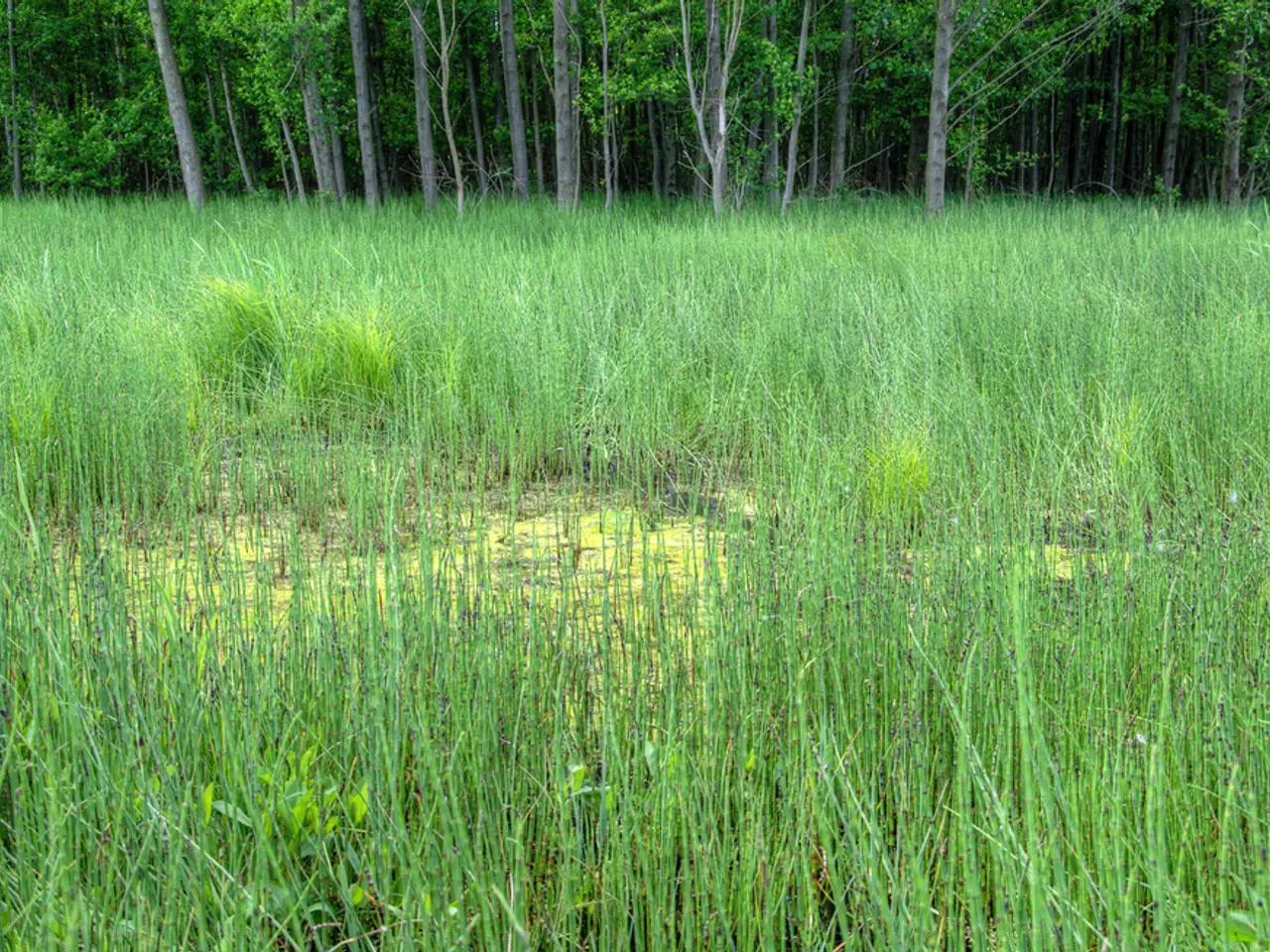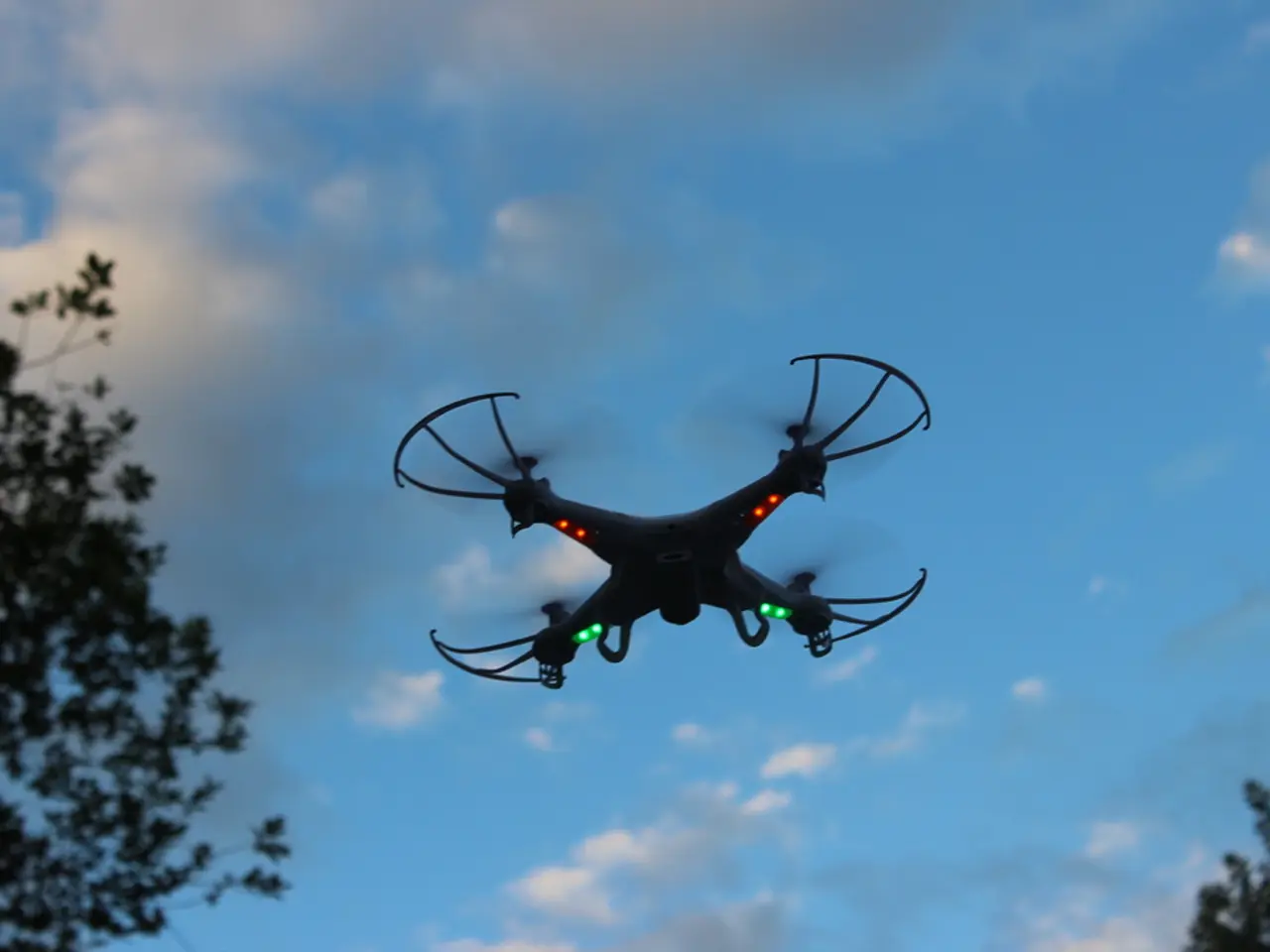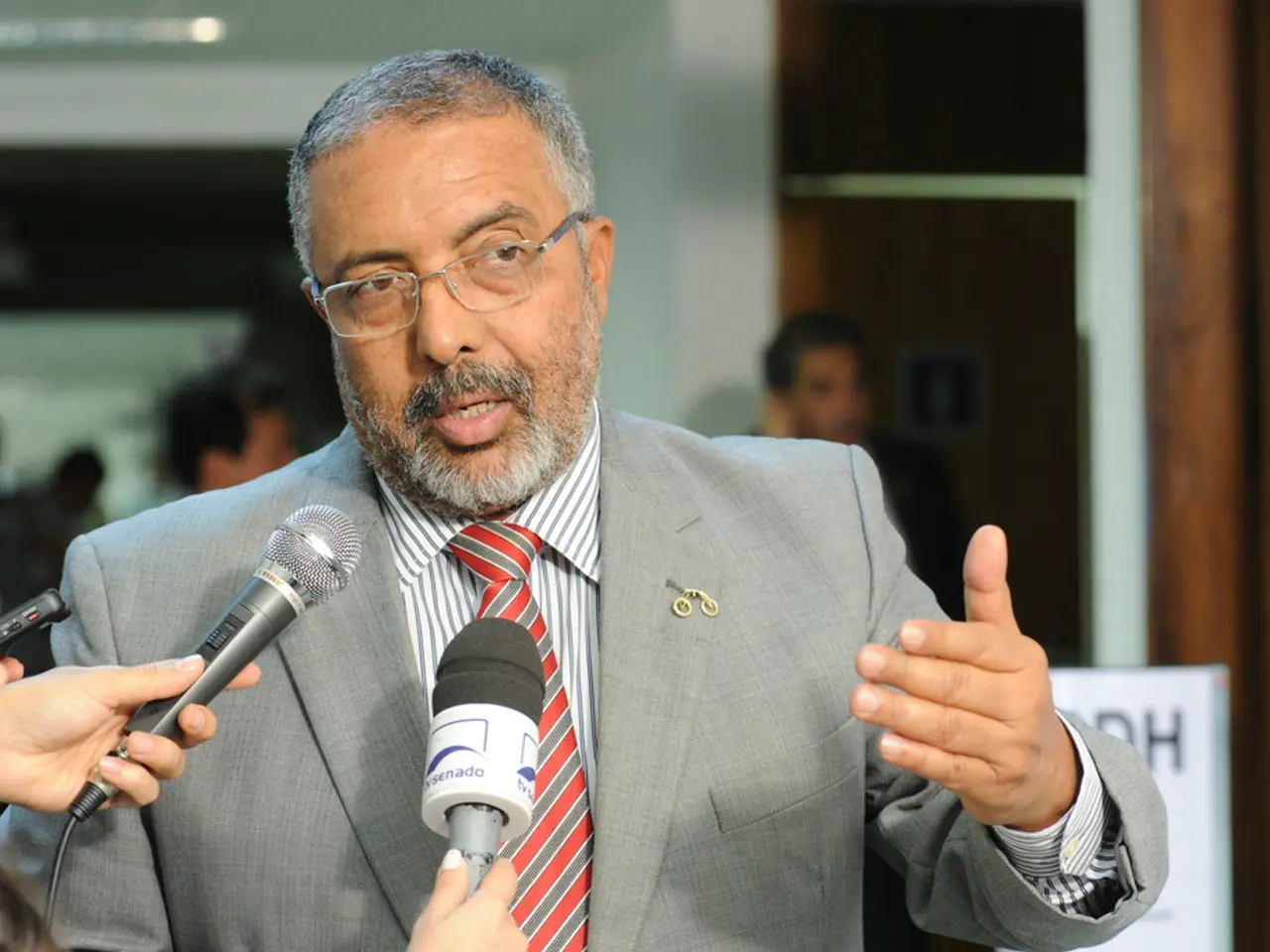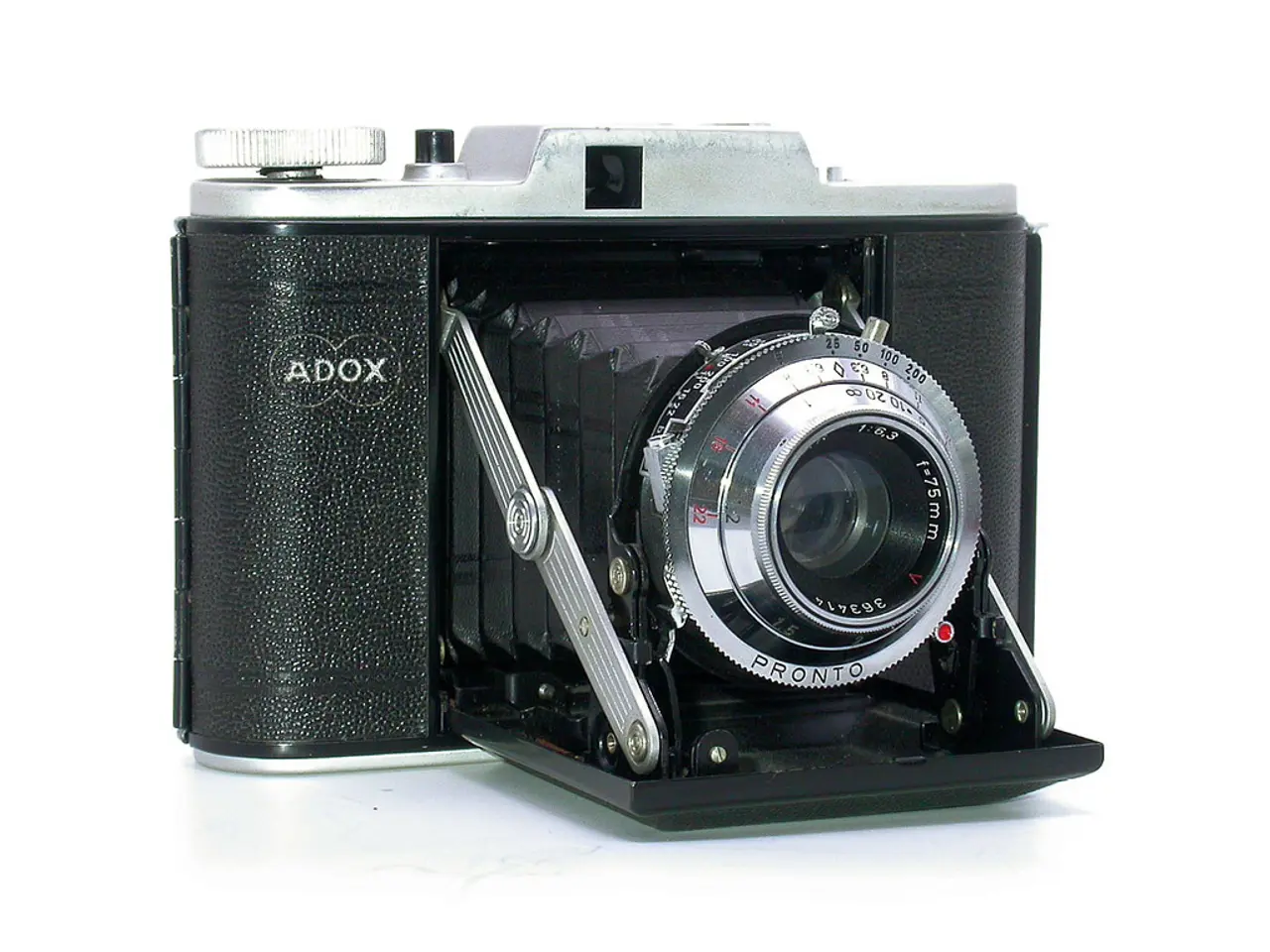Investment in precision agriculture surges by 71%, overtaking agriculture biotechnology for the first time since 2017, according to Pitchbook's data.
In the second quarter of 2025, the precision agriculture sector experienced a significant surge in venture capital funding, with a total of $580 million raised across 36 deals. This represents a 71.2% increase in funding compared to the previous quarter, despite a slight drop in deal count [1][3].
One of the standout companies in this quarter is Saga Robotics, which secured €9.5 million (approximately $10 million) to expand its autonomous UV-C crop protection robots. The robots, commercialised through the Thorvald robot, are designed to provide pesticide-free crop protection, particularly targeting strawberry and wine grape farming in the UK and US markets [2][1].
This growth in funding for precision agriculture technologies can be attributed to a focus on addressing labor challenges and promoting sustainability. Investors are increasingly drawn to AI-driven tools and platforms, as well as automation and robotics solutions, in the agricultural sector [1].
Interestingly, this growth in precision agriculture funding contrasts with a general downturn in broader agtech VC funding, which declined in both deal volume and total dollars in Q2 2025 [1][3].
California-based Muon Space and Germany's Quantum Systems each raised substantial amounts in Series B and C funding respectively, accounting for more than half of all precision agriculture funding in Q2. Muon Space secured $146 million in Series B funding, while Quantum Systems raised a $178 million Series C [1].
Labor shortages have also contributed to the rise in funding for precision agriculture, particularly in larger farming operations. Nevertheless, exits in agtech remain rare, with notable exceptions being John Deere's acquisition of aerial field-scouting platform Sentera and DeHaat's purchase of smart farming app NEERX [1].
In comparison, ag biotech funding saw a decline of 72.5% quarter over quarter, with a total of $270 million raised in Q2 2025. This shift in investor priorities has resulted in precision agriculture startups garnering more venture capital than those in ag biotech for the first time since the third quarter of 2017 [1].
Notable funding rounds in Q2 2025 also include Terviva, which raised $63.9 million, and Puna Bio, which secured a late-stage investment of $20.3 million [1].
As advancements in AI continue to filter down to agricultural applications, PitchBook predicts significant investment will continue in the precision agriculture sector [1]. PitchBook defines precision agriculture to include drones and imagery analytics, robotics and smart field equipment, farm management software, and field IoT [1].
For a comprehensive list of more individual companies and funding amounts from Q2 2025, further detailed market data from PitchBook or specialized agtech VC reports would be the best sources. However, the current data and expert commentary suggest a rising investor preference for precision agriculture startups with automation, robotics, and sustainability-driven solutions [1][3].
Sources: [1] PitchBook Data, Inc. [2] Saga Robotics Press Release, 2025 [3] AgFunder News, 2025
Investors are increasingly drawn to AI-driven tools and platforms, automation, and robotics solutions in the agricultural sector, which explains the surge of venture capital funding in precision agriculture technologies. This shift in investor priorities has resulted in precision agriculture startups garnering more venture capital than those in ag biotech.



